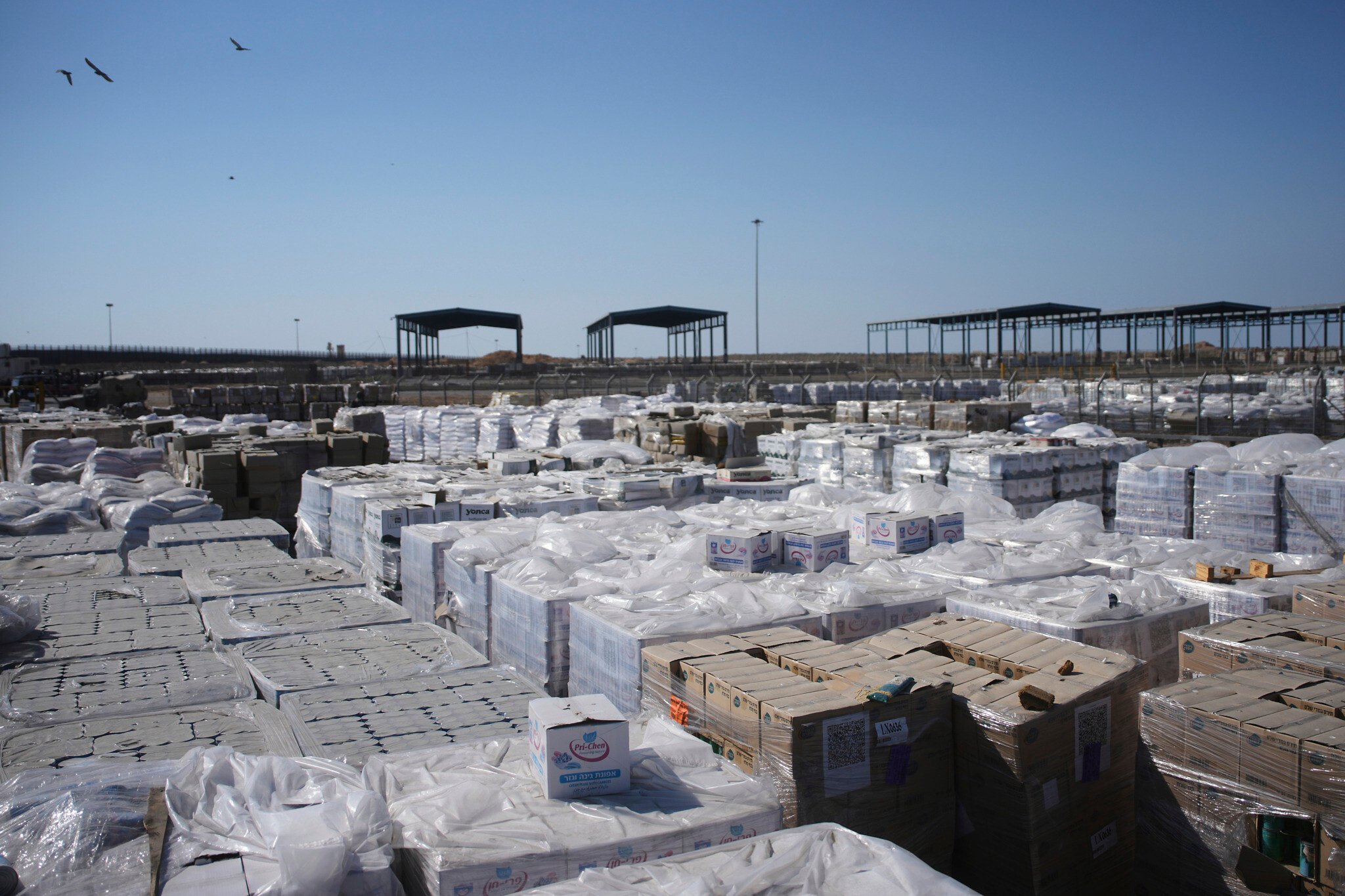Gaza Aid Crisis: Ex-US Envoy Slams Israeli Blame on UN, Calls for Urgent Scale-Up
Gaza Aid Crisis: Ex-US Envoy Slams Israeli Blame on UN, Calls for Urgent Scale-Up

The humanitarian crisis in Gaza remains dire, with former US envoy David Satterfield sharply refuting Israeli assertions that the United Nations is to blame for aid accumulating at border crossings. Israeli officials recently acknowledged hunger in Gaza but claimed the UN’s failure to distribute aid was the primary issue, even bringing journalists to the Kerem Shalom crossing to show stockpiled supplies.
Satterfield, who served as the US humanitarian envoy during the early stages of the Gaza conflict, dismissed these claims as “disingenuous—knowingly false.” He emphasized that the UN faces insurmountable obstacles, including roads damaged by military operations, insufficient deconfliction mechanisms leading to aid worker casualties, lack of military authorization for aid pickup, and widespread looting driven by desperation. These factors, he argues, physically prevent the UN from effectively distributing aid.
While Israel has recently announced new steps, including establishing humanitarian corridors, pauses in operations, and reconnecting power to a desalination plant, Satterfield maintains these are insufficient. He insists that a broader “flood the zone” strategy, involving at least 350 trucks of aid daily through multiple crossings, is essential to mitigate the crisis. The former envoy highlighted that the current average of around 70 trucks daily since Israel partially lifted an aid blockade in late May falls far short of what’s needed.
Satterfield also addressed the complexities of aid distribution amidst civilian unrest, criminal elements, and challenges in coordinating with the IDF. He affirmed that the UN and other international organizations are not risk-averse, but halt movements only when staff and trucks face “absolutely certain harm.” He concluded by stressing that the reality of mounting hunger in Gaza is not propaganda, urging Israel to adopt a comprehensive, large-scale aid delivery approach.
Disclaimer: This content is aggregated from public sources online. Please verify information independently. If you believe your rights have been infringed, contact us for removal.